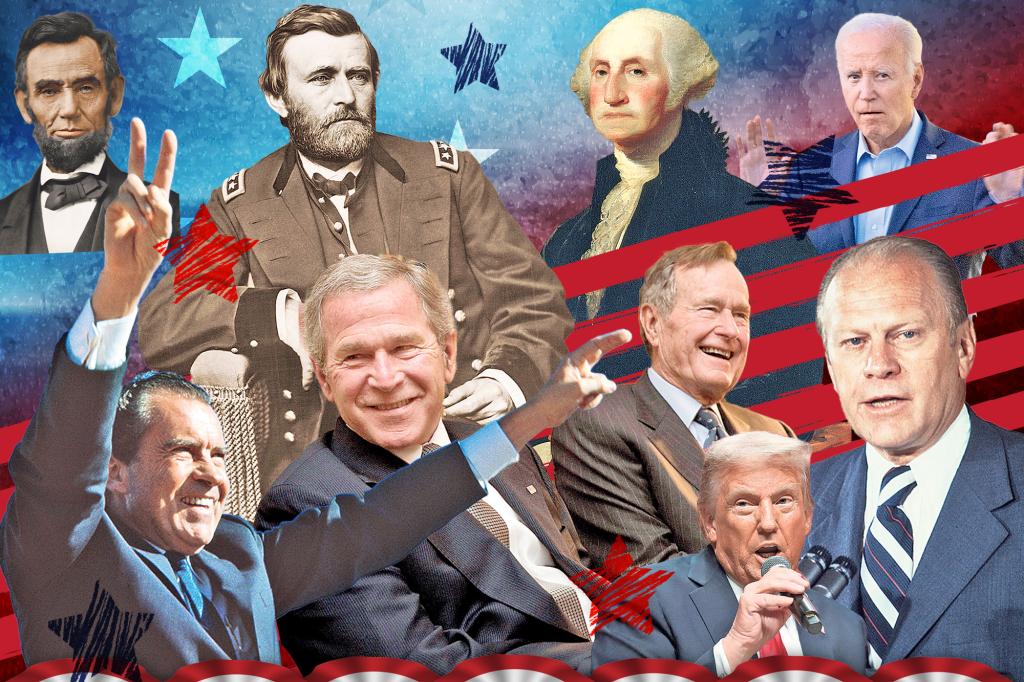The presidency of the United States dates back to 1789 when George Washington was elected as the first president. Since then, there have been 46 presidents, with the 47th being elected today. The role of the president is considered one of the most powerful and important positions in the world, with the responsibility of leading the country and making decisions that affect millions of people. Throughout history, there have been many iconic moments and figures associated with the presidency, making it a topic of fascination and intrigue for many Americans.
Each president brings their own unique background and experience to the office, with a diverse range of personalities and leadership styles. From Abraham Lincoln’s leadership during the Civil War to Franklin D. Roosevelt’s New Deal policies during the Great Depression, each president has faced their own set of challenges and opportunities during their time in office. Some presidents are remembered for their accomplishments and successes, while others are criticized for their failures and controversies. The presidency is a complex and demanding job that requires strong leadership skills and the ability to navigate complex political issues.
The history of the presidency is filled with interesting trivia and facts that showcase the diverse nature of the office. From the youngest president ever elected (Theodore Roosevelt at 42 years old) to the only president to resign from office (Richard Nixon), there are many unique stories and anecdotes associated with the presidency. The office has also been held by a diverse range of individuals, with presidents coming from various backgrounds and experiences. The presidency is an ever-evolving institution that reflects the changing dynamics of American society and politics.
The role of the president is not without its challenges and controversies, with many presidents facing criticism and scrutiny for their decisions and actions while in office. From the Watergate scandal during Nixon’s presidency to the impeachment of Bill Clinton, there have been many instances where the actions of the president have come under intense public scrutiny. The presidency is a high-stakes position that requires strong leadership and decision-making skills, with the potential for both success and failure.
Despite the challenges and controversies that have surrounded the presidency throughout history, the office remains an important symbol of American democracy and leadership. The president is the face of the nation, representing the values and ideals of the American people both at home and abroad. The presidency is a position of immense power and responsibility, with the ability to shape the course of the country and the world. As the 47th president is elected today, the legacy of the office continues to evolve and shape the future of the United States.
In conclusion, the presidency of the United States is a storied and complex institution that reflects the history and values of the American people. From George Washington to the 47th president being elected today, the presidency has been held by a diverse range of individuals with their own unique backgrounds and experiences. The office of the president is a symbol of American democracy and leadership, with the ability to shape the country and the world. As Americans cast their votes in the election today, they are participating in a long-standing tradition of democracy and leadership that has defined the nation for over two centuries.


